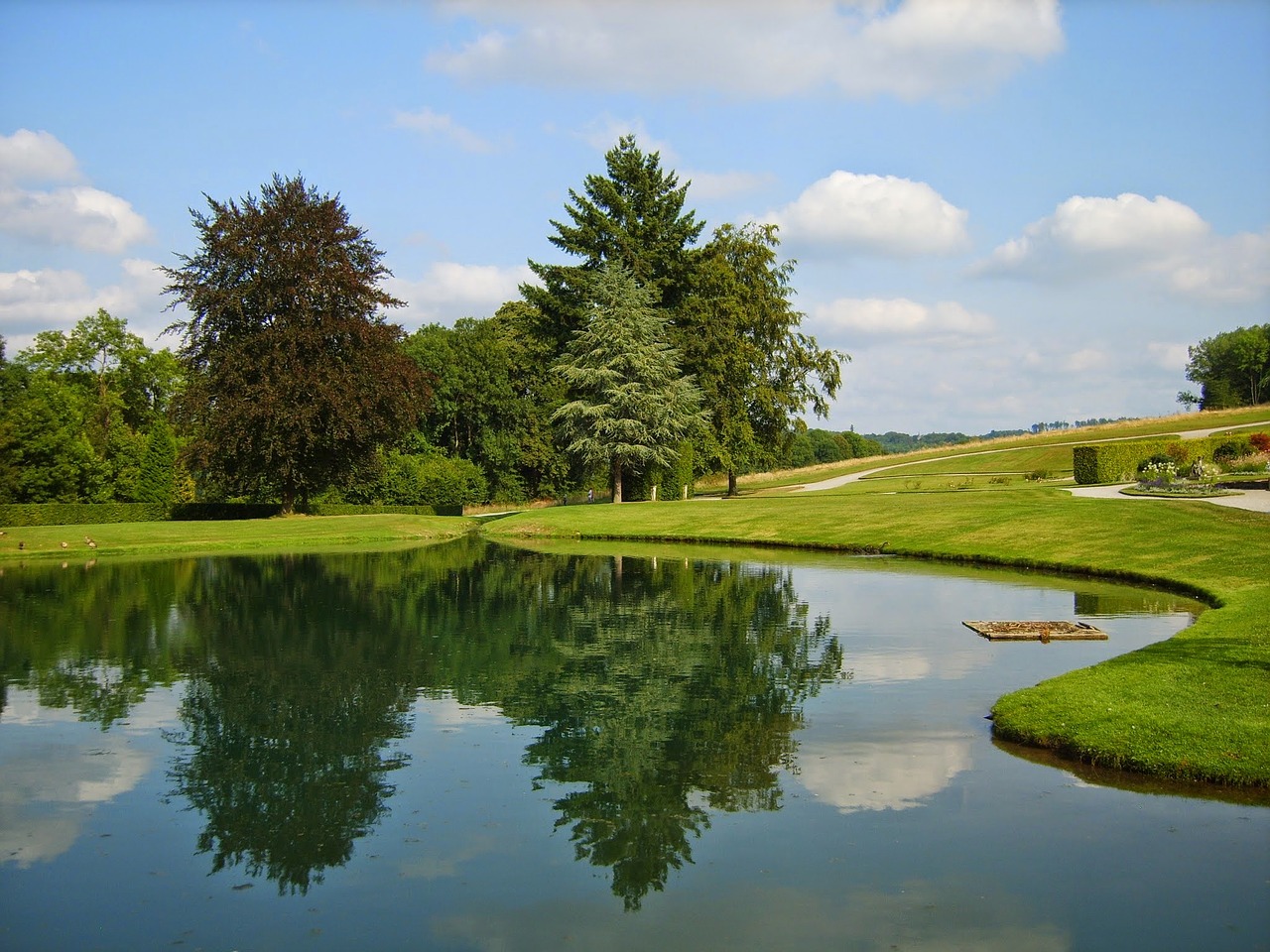You might have come across the term floating wetlands at some point when reading some home improvement articles. If you do not have an idea of what they are, they are essentially container gardens you see floating in ponds. Floating wetlands offer remarkable qualities needed to improve the quality of water in your pond. Moreover, they also offer a considerable potential for enhancing the aesthetics of the property. From another perspective, they are also effective at managing weeds and algae blooms in a pond.
How do they work?
A floating wetland is constructed in a manner that allows it float.  Ideally, it is essentially a plastic and a foam matrix. As such, native wetlands plants are on it with their roots suspended in the water. These plants compete with weeds, algae, and other plants for nutrients. Being native wetlands plants, they end up taking or the nutrients leaving the other plants with nothing to survive on.
Ideally, it is essentially a plastic and a foam matrix. As such, native wetlands plants are on it with their roots suspended in the water. These plants compete with weeds, algae, and other plants for nutrients. Being native wetlands plants, they end up taking or the nutrients leaving the other plants with nothing to survive on.
Why you need a floating wetland
The growth of algae, fish kill, and aquatic weeds is a common challenge facing homeowners with storm water ponds. Nutrients from lawn fertilizers, car wash detergents, and other sources are responsible for the uncontrolled growth of these plants. Floating wetlands take away these plants and harbor microbes that feed on harmful bacteria and viruses.
Besides these benefits, floating wetlands also provide food and shelter for fish and other animals in your ponds. They also reduce the concentration of heavy metal pollutants in the water. If you are troubled by submerged weed growth, the shade reduces water temperatures, which makes sure the growth of these plants is limited.
You do not have to keep watering it
 A floating wetland does not only help you remove your bacteria, but it also makes your home attractive. In this regard, any avid gardener will see it as a new habitat that allows them to grow different types of plants. Moreover, they are also convenient considering that you do not have water them now and then.
A floating wetland does not only help you remove your bacteria, but it also makes your home attractive. In this regard, any avid gardener will see it as a new habitat that allows them to grow different types of plants. Moreover, they are also convenient considering that you do not have water them now and then.
Homeowner tips
Not all plants are suitable for a floating wetland. As such, you need to use the right plants, which should be native wetland plants. For the best results, it is advisable to use perennial plants native to that location. If you are not so sure of the plants that are right, you should enlist the services of a professional that deals with floating wetlands and intensive native planting.
